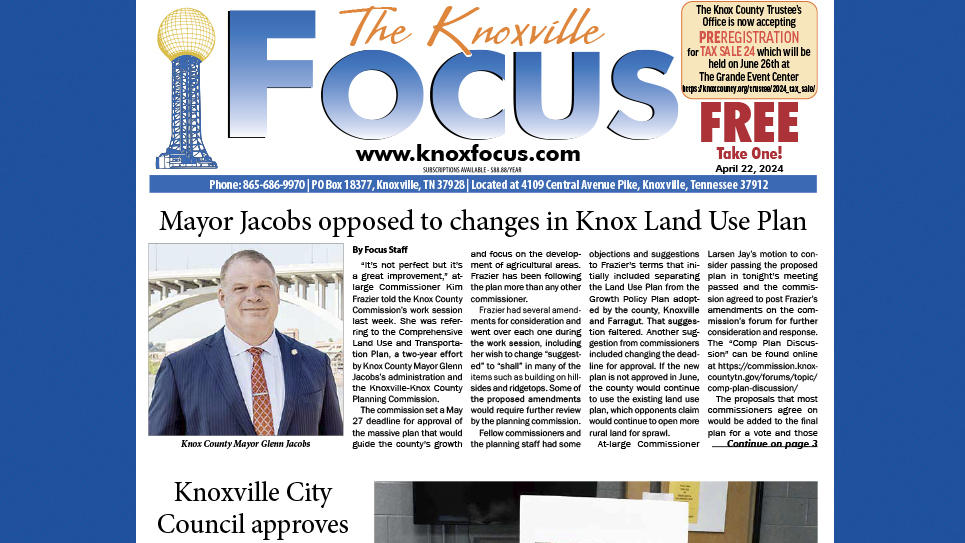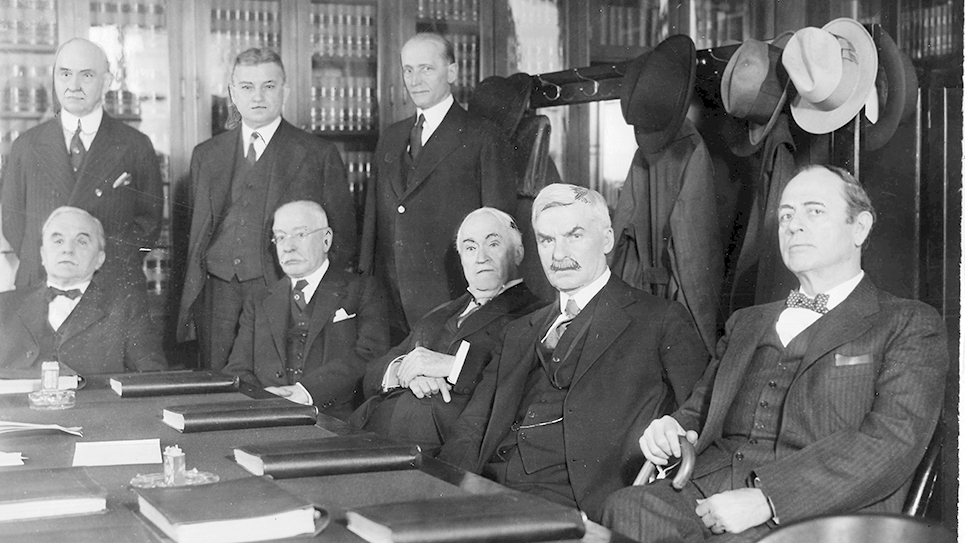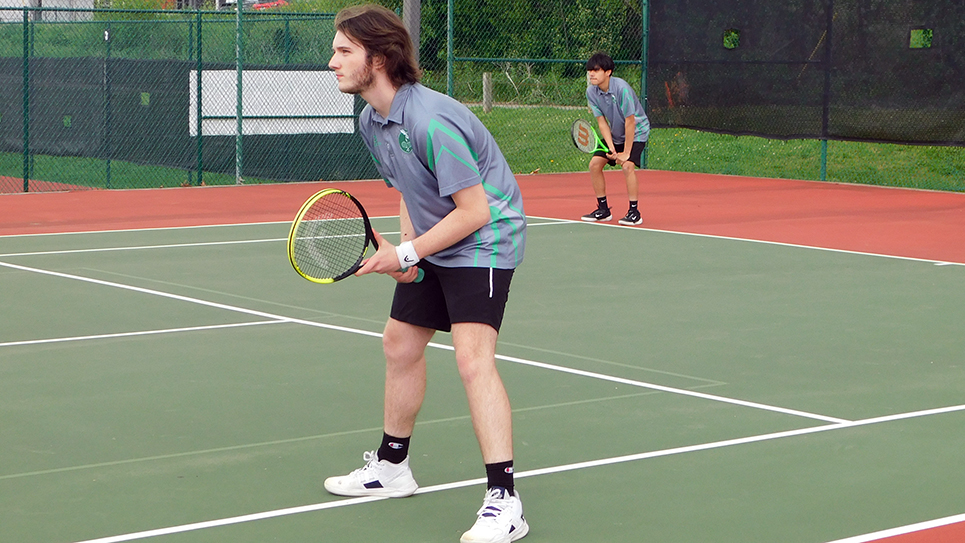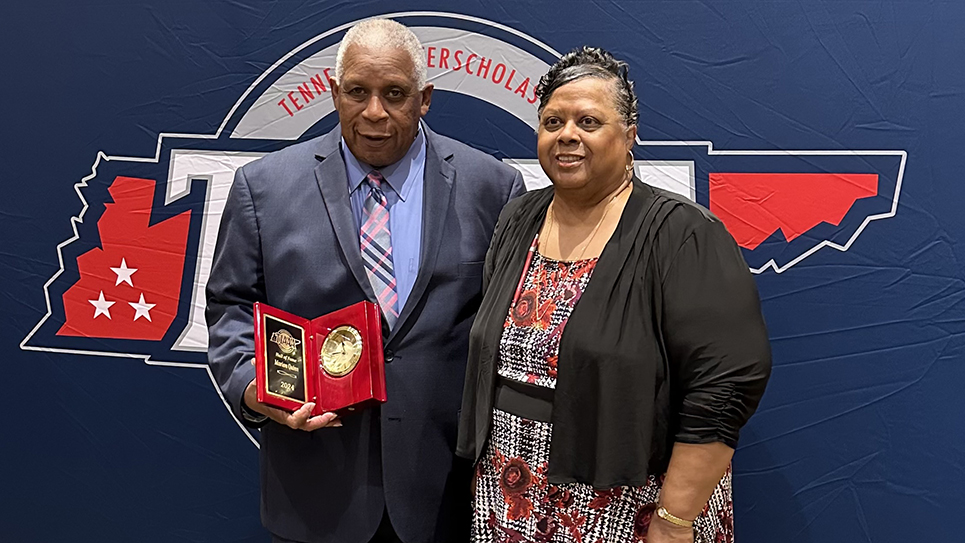I am not a fan of long winded character development in novels. I’m more of a plot focused guy. Consequently, Charles Dickens wears me out. However, the opening lines of his novel “A Tale of Two Cities” captures where I am today. “It was the best of times, it was the worst of times, it was the age of wisdom, it was the age of foolishness, it was the epoch of belief, it was the epoch of incredulity, it was the season of Light, it was the season of Darkness.” Dickens’ novel describes events surrounding the French Revolution and the Reign of Terror. Though we don’t have Robespierre’s guillotine, we are experiencing the left’s reign of terror.
Though my life is blessed, my country is at war, and my family is grieving from a recent personal tragedy. Last week the body of my son-in-law’s aunt was found in the Smoky Mountains. She went missing September 25th while hiking near Clingmans Dome. She apparently missed a turn in the trail and, with last week’s soaking rain and cold at sixty-six hundred foot elevation, she died from exposure and hypothermia.
Sometimes words are such poor expressions of what we feel. And often we don’t know how to express the sadness when tragedy strikes. I am no expert, but I believe sometimes just being present is helpful for those in crisis or grieving. Our family kept a vigil throughout the search for Mitzi Sue. Some of us were present on the mountain with family and search parties. Others remained connected electronically in support of the immediate family. And never underestimate the impact of a card or hand written letter expressing collective sadness, love and support.
The family doesn’t know why she missed the trail or why this tragedy occurred. These questions will especially torment Ms. Clement’s three children for a long time. This is only natural because humans are inquisitive creatures and want to know why things happen. Sometimes the only answer is that suffering occurs in this reality we call life.
You don’t often think of people dying of hypothermia during Indian Summer. Cold exposure is more an issue during winter months. I’ve cared for people with hypothermia which can include warming blankets, intravenous infusion of warmed fluids and treating complications including frostbite and cardiac arrhythmias. In reviewing the topic of hypothermia, I was surprised to learn that in late stages of exposure people become confused, stop shivering and sometimes imagine themselves to be hot and paradoxically remove protective clothing. The elderly and the homeless are especially vulnerable to cold weather because of their underlying infirmities and frailty. Mental illness, drugs and alcohol are prevalent in the homeless, adding further levels of complexity to an already difficult situation. I think about these poor people as I drive down Knoxville’s Broadway and see their sprawling encampment below the viaduct.
I’m reading a challenging book by Adam Hamilton called “Seeing Gray In a World of Black and White.” (Hang with me and you’ll see the connection.) The book is a contrast between so-called conservative and liberal perspectives involving the Bible, spirituality, homosexuality, abortion and war. Dr. Hamilton maintains that most of us see the world as shades of gray rather than the extremes of black or white; and I agree. (Washington DC is an exception.) Hamilton’s book is well written and I recommend it. However, I want to focus on one chapter where Hamilton does a synopsis of another book by Dr. James Fowler called “The Stages of Faith.” I think Fowler’s 1981 book offers a window on our time, and is applicable to reason as well as spiritual growth.
Dr. Fowler posits six stages of faith evolution. The faith of children, ages three to seven, is “shaped by parents and their own imagination…something akin to a fairytale.” In the next stage, we see school-age children moving from the world of magic to taking things very literally. Fowler calls the third stage “synthetic conventional faith,” best understood as conformity. This usually begins by the teenage years, though some, surprisingly, never advance beyond stage two. Teenagers conform to the “expectations and beliefs of particular groups or authority figures with little critical examination of the beliefs.” Again, some may never leave this third stage. As I reflected on Fowler’s notions, the image of indoctrinated and intolerant college students came to mind.
According to Fowler and Hamilton, the fourth stage of development arises within the crucible of crisis, often in one’s twenties or thirties, but sometimes not until the forties. Here, faith becomes one’s own, rather than a parent’s beliefs or that of an authority figure such as a college professor. Sometimes a crisis of faith breaks the spirit of a person. Charles Templeton was an evangelist and contemporary of Billy Graham who was unable to resolve the problem of pain and suffering. He became an atheist and died a broken man. Graham, on the other hand, embraced the truth of the Bible and went on to live a rich and celebrated life.
As the dross is burned away in stage four, a person can enter a fifth stage where they are able to “accept paradox” and “seemingly irreconcilable ideas.” As an example, I can accept suffering without cursing God and can now embrace both science and religious perspectives, holding them both in my mind like overlapping subsets of Venn diagrams. Few people, and certainly not me, reach the sixth stage of selflessness and sacrificial love known as agape in Greek.
I think it best to try and look for the good which may arise out of tragic situations rather than dwell upon the loss. Admittedly, this seems easier to rationalize in an adult who has lived a long life rather than in a child dying of leukemia. Perhaps this is just prejudicial ageism and winded philosophic blather.
I don’t have an answer for tragedy or suffering. I imagine these as integral components of free will and our human imperfection in a sometimes dangerous and capricious universe. The Apostle Paul writes in his letter to the Romans (5:3-5) that suffering produces perseverance and builds character and leads to hope which does not disappoint. It is my wish that the Phoenix of hope rises from the crucible of crisis for everyone.






